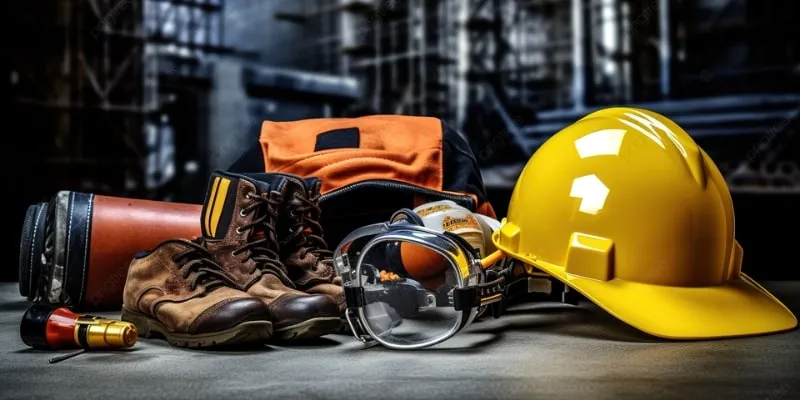
Safety and Health in Engineering Projects: A Critical Success Factor
Safety and health in engineering projects are among the most critical factors that directly impact employee well-being, productivity, and overall project success. Adhering to safety standards can prevent serious accidents and significantly improve a company’s overall performance. In this article, we explore the importance of safety and health standards in engineering projects.
The Importance of Safety and Health Standards in Engineering Projects
1. Protecting Human Resources
Human resources are the most valuable asset of any engineering company. Following safety and health protocols reduces workplace accidents, increases employee satisfaction, and helps maintain their well-being. Implementing safety measures—such as providing protective equipment, proper training, and ongoing supervision—greatly reduces workplace risks.
2. Reducing Costs Associated with Accidents
Workplace incidents can impose high costs on companies, including medical expenses, compensation, project delays, and even legal penalties. By implementing safety standards, such costs can be prevented, allowing financial resources to be managed more efficiently.
3. Boosting Productivity and Work Efficiency
A safe working environment lowers employee stress and increases their focus. When workers feel secure, their efficiency improves significantly, leading to better project execution and higher work quality.
4. Complying with Legal and International Standards
Engineering firms are required to comply with national and international safety and health standards, such as ISO 45001. Failing to meet these requirements may result in project suspension, heavy fines, or even damage to the company’s reputation.
5. Enhancing Brand Image and Reputation
Companies that prioritize safety are viewed as more reliable by clients and investors. Proper implementation of safety standards enhances the company’s brand and increases business opportunities.
Strategies for Improving Safety and Health in Engineering Projects
✔ Ongoing Employee Training: Regular training sessions to raise awareness and improve safety skills.
✔ Use of Certified Safety Equipment: Providing and using standard protective gear such as helmets, gloves, and clothing.
✔ Risk Assessment and Management: Identifying potential hazards and taking preventive measures.
✔ Regular Inspections and Continuous Monitoring: Frequent checks by safety teams to ensure compliance with guidelines.
✔ Use of Modern Technologies: Leveraging smart tools and AI systems to detect and prevent accidents in engineering environments.
Safety and health standards in engineering projects not only protect lives but also improve productivity, reduce costs, and enhance a company’s reputation. By properly implementing these standards, companies can create safer and more efficient work environments for both their employees and their projects.
Our Recommendation
If you’re looking to implement safety and health standards in your engineering projects, the Sare Shomal team of experts is ready to provide professional consulting and services.
Contact us today for more information.







